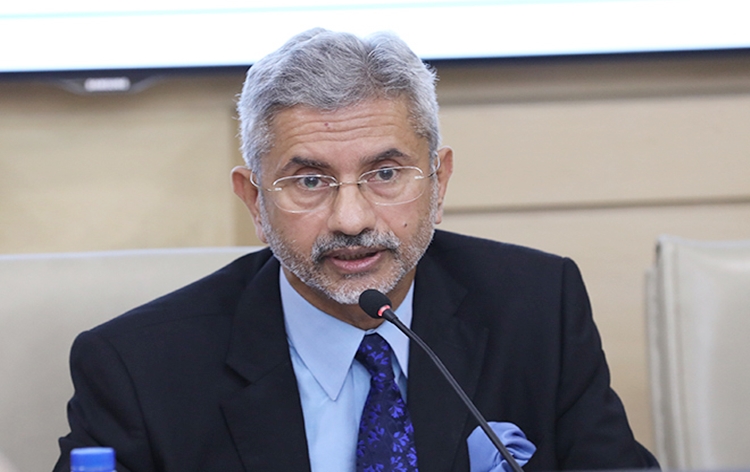External Affairs Minister S. Jaishankar on Tuesday reiterated India’s commitment to resolving the boundary issue with China through bilateral discussions, emphasizing that peace and tranquility in border areas are essential for normalizing relations.
Briefing the Lok Sabha on India-China relations, particularly regarding disengagement at the Line of Actual Control (LAC), Jaishankar acknowledged that ties have been “abnormal” since 2020, following Chinese actions that disrupted peace along the LAC, leading to violent clashes in Galwan Valley. However, he pointed out that recent diplomatic engagements have steered the relationship “in the direction of some improvement.”
Reflecting on the disengagement process, he added, “The immediate priority was to ensure disengagement from friction points to avoid further clashes. This has been fully achieved. The next priority will be de-escalation, addressing the massing of troops along the LAC and related concerns.”
The minister highlighted the extensive consultations behind the three-year-long disengagement efforts, which included agreements to convene meetings of Special Representatives and Foreign Secretary-level mechanisms. He highlighted India’s three key principles for managing ties: strict adherence to the LAC, avoiding unilateral changes to the status quo, and full compliance with past agreements.
Recalling the events of 2020, Jaishankar described how the unprecedented deployment of Chinese troops disrupted patrolling and escalated tensions. Despite logistical challenges and the COVID-19 pandemic, India’s armed forces responded effectively, ensuring a strong counter-deployment. The Galwan Valley clashes, which marked the first fatalities in 45 years, underscored the seriousness of the situation, leading to sustained diplomatic efforts to restore stability.
The External Affairs Minister also traced the evolution of India-China relations since 1988, noting agreements on peace and confidence-building measures, including the 1993 pact on maintaining tranquility and the 2013 understanding on border defense cooperation. These frameworks underscore the gravity of the 2020 disruptions for bilateral ties.
Jaishankar’s statements come amid recent high-level engagements between Indian and Chinese officials. Last month, Defence Minister Rajnath Singh met his Chinese counterpart, Admiral Dong Jun, in Laos, emphasizing the need to move from disengagement to de-escalation. This followed discussions between Prime Minister Narendra Modi and Chinese President Xi Jinping on the sidelines of the BRICS summit.
(Inputs from ANI)




















